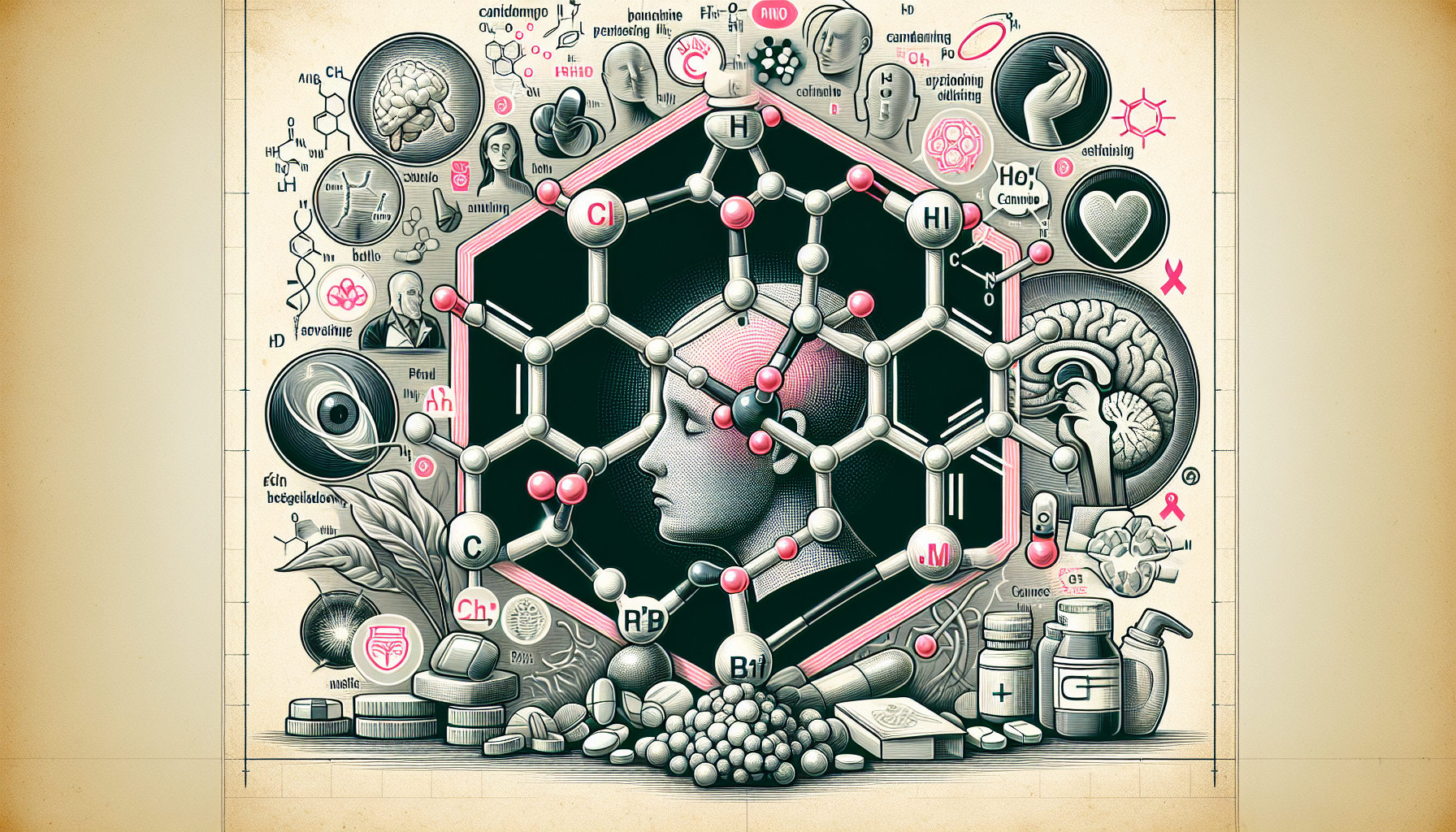Breakthrough Gene Therapy for Hemophilia A: Long-Term Success of ROCTAVIAN
Key Takeaways
- ROCTAVIAN shows promising long-term bleed control in hemophilia A patients.
- Significant improvements in quality of life were observed with ROCTAVIAN use.
- Four-year data supports the safety and efficacy of ROCTAVIAN gene therapy.
Did You Know?
The Promise of ROCTAVIAN
In a promising development for patients with severe hemophilia A, BioMarin Pharmaceutical Inc. has showcased new long-term data for their gene therapy, ROCTAVIAN® (valoctocogene roxaparvovec-rvox). Delivered at the International Society on Thrombosis and Haemostasis 2024 Congress, the data highlights the therapy's durability and sustained efficacy over four years.
This groundbreaking therapy uses an adeno-associated virus vector-based approach to provide a functional gene capable of producing factor VIII (FVIII), crucial for clotting, thus reducing the need for frequent infusions.
Long-Term Data Highlights
In the extensive Phase 3 GENEr8-1 trial, involving 134 patients, ROCTAVIAN demonstrated considerable long-term success. Four years post-infusion, 73.6% of participants reported zero treated bleeds, indicating that the therapy offers significant bleeding control benefits.
Additionally, factor VIII levels were notably stable, with mean FVIII activity levels of 27.1 IU/dL by one assay method and 16.1 IU/dL by another. This stability supports the long-term efficacy and safety of ROCTAVIAN.
Impact on Quality of Life
Importantly, the therapy's benefits extend beyond bleed control. Patients experienced meaningful improvements in their health-related quality of life (HRQoL). This was measured using the Haemo-QOL-A assessment tool, which assesses various aspects of life affected by hemophilia.
The results showed that even participants with FVIII levels below 5% had significant HRQoL improvements, with increased scores in physical and role functioning, along with reduced consequences of bleeding. This suggests that ROCTAVIAN helps patients lead a more active, less burdened life.
Seven-Year Follow-Up Data
BioMarin also presented data from a Phase 2 trial showing the long-term safety and efficacy of ROCTAVIAN up to seven years post-infusion. This older cohort showed a median FVIII activity still within the mild hemophilia range and a significant reduction in annual bleed rates.
These findings underline that ROCTAVIAN not only offers short-term relief but can be a long-lasting solution for hemophilia A.
Understanding Hemophilia A
Hemophilia A is a genetic disorder caused by missing or defective factor VIII, a protein essential for blood clotting. Approximately 1 in 10,000 people are affected by this condition, which can lead to uncontrollable bleeding from minor injuries and spontaneous bleeding episodes.
For individuals with severe hemophilia A, lifelong treatment has traditionally involved frequent infusions of factor VIII. ROCTAVIAN offers a significant advancement by potentially reducing or eliminating the need for these regular treatments.
What Does the Future Hold?
With these promising results, ROCTAVIAN could become a game-changer for those living with severe hemophilia A. The therapy's ability to maintain stable FVIII levels and improve quality of life could lead to wider adoption and new standards in hemophilia care.
Ongoing research and additional long-term data will be crucial in validating these findings and determining the full potential of this gene therapy.
Safety and Recommendations
While the benefits are clear, it is essential for patients to understand potential risks, such as liver enzyme elevations and the need for corticosteroid treatments. Close monitoring and regular follow-ups are necessary to ensure safety and effectiveness.
ROCTAVIAN is approved for use in both the U.S. and Europe, offering a promising option for eligible patients. However, proper screening and medical assessment are vital to determine suitability.
Conclusion
ROCTAVIAN represents a significant leap forward in the treatment of severe hemophilia A, providing durable bleed control and improved quality of life. With continued research and patient monitoring, this gene therapy could revolutionize the management of this challenging condition.
References
- BioMarin's Official Websitehttps://www.biomarin.com
- American Hemophilia Associationhttp://hemophilia.org
- National Institutes of Healthhttps://www.nih.gov






